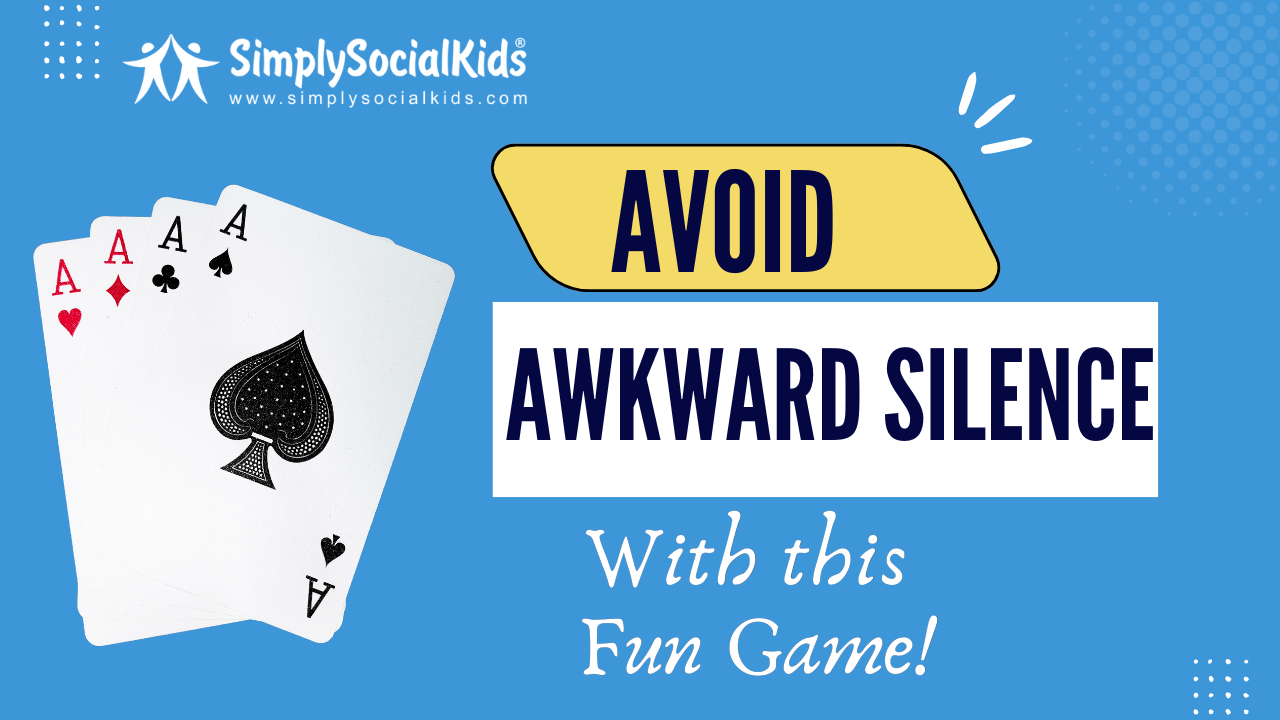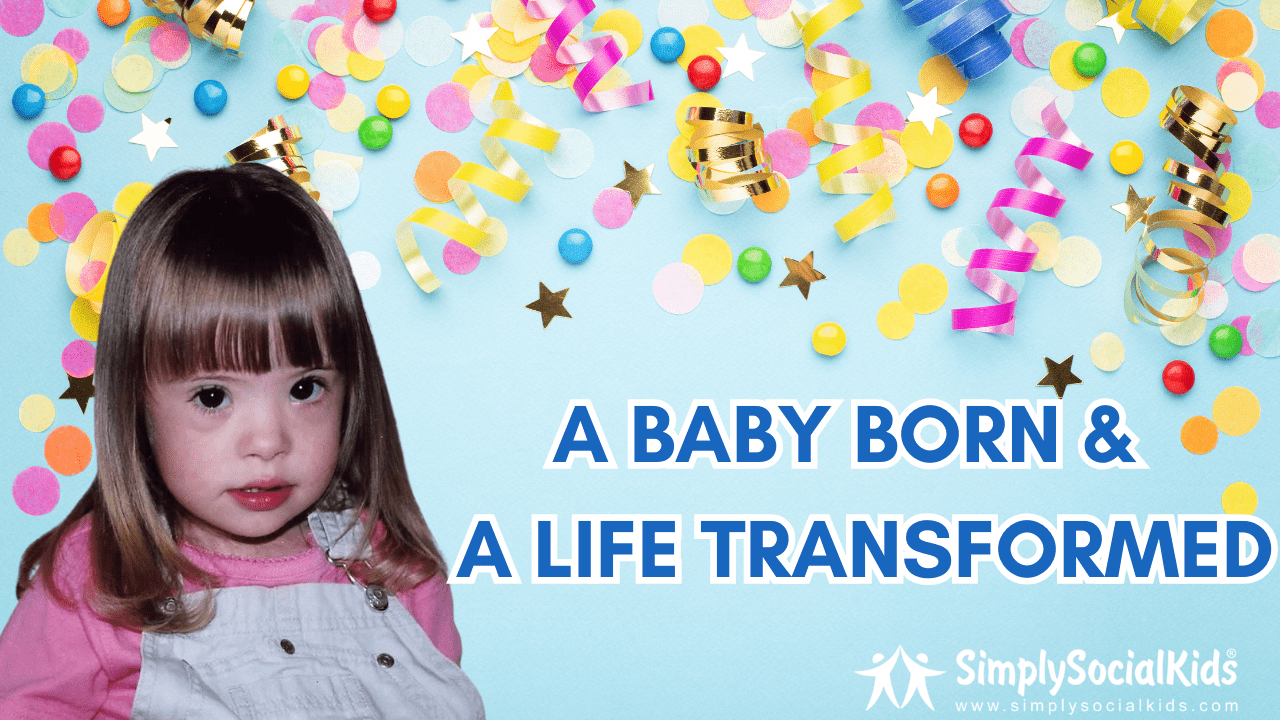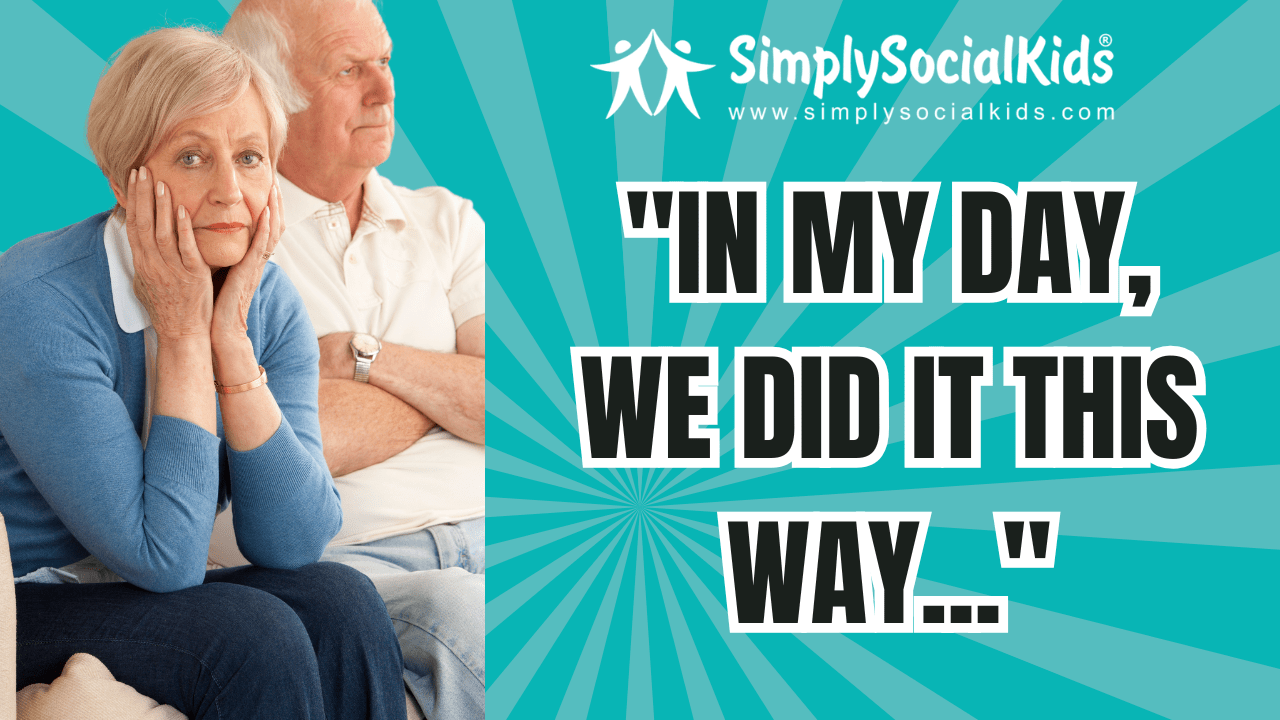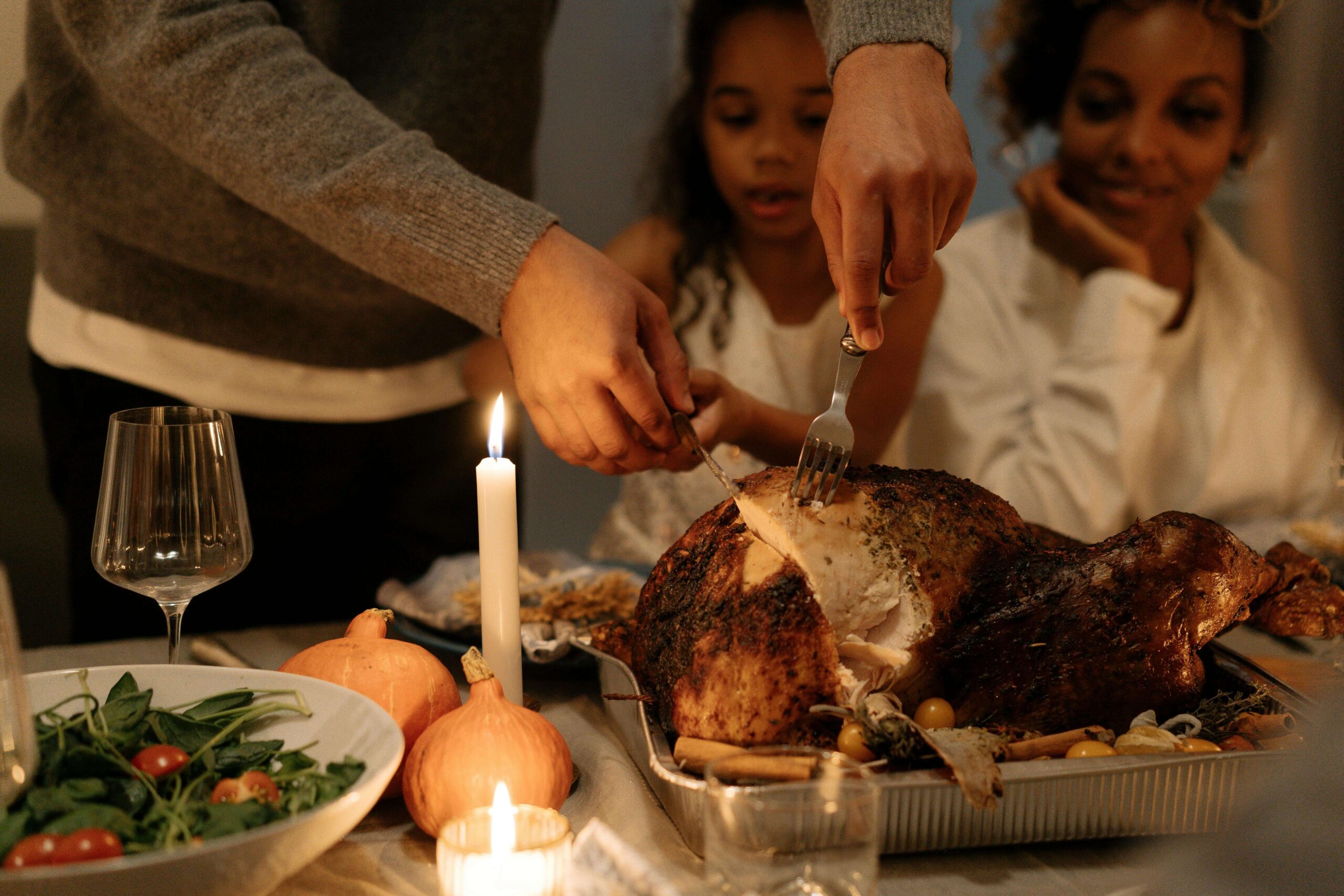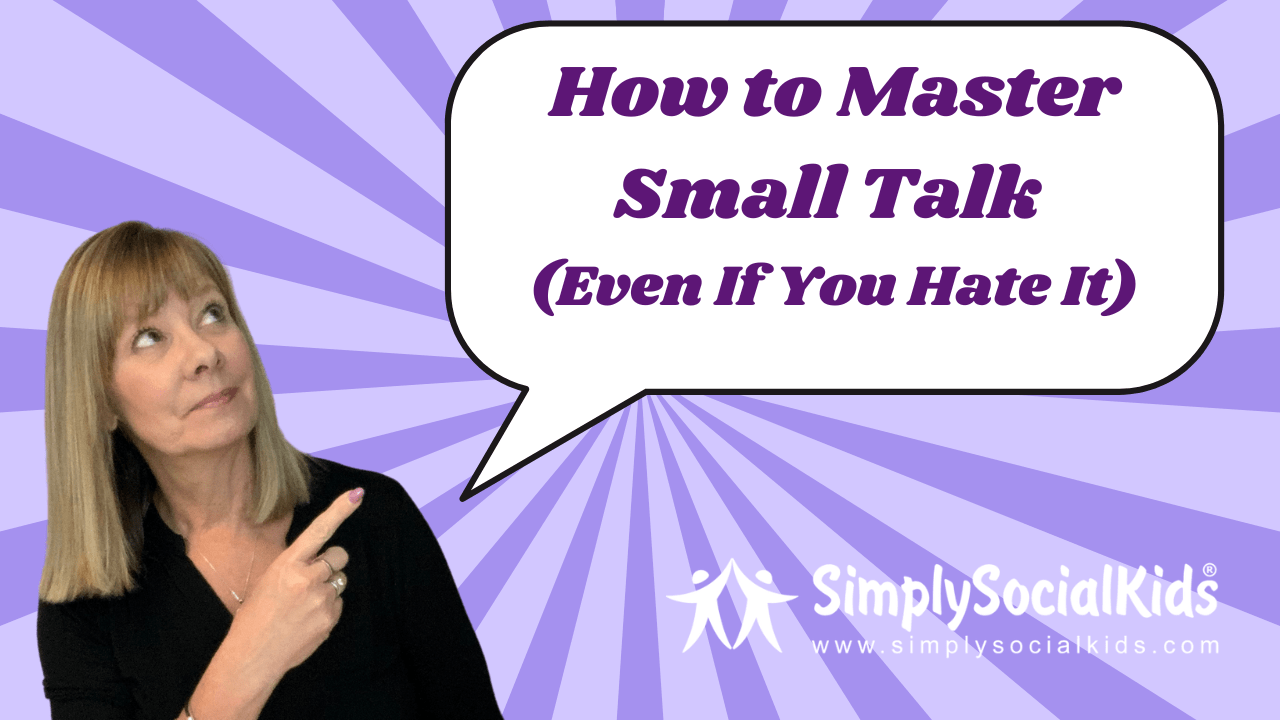
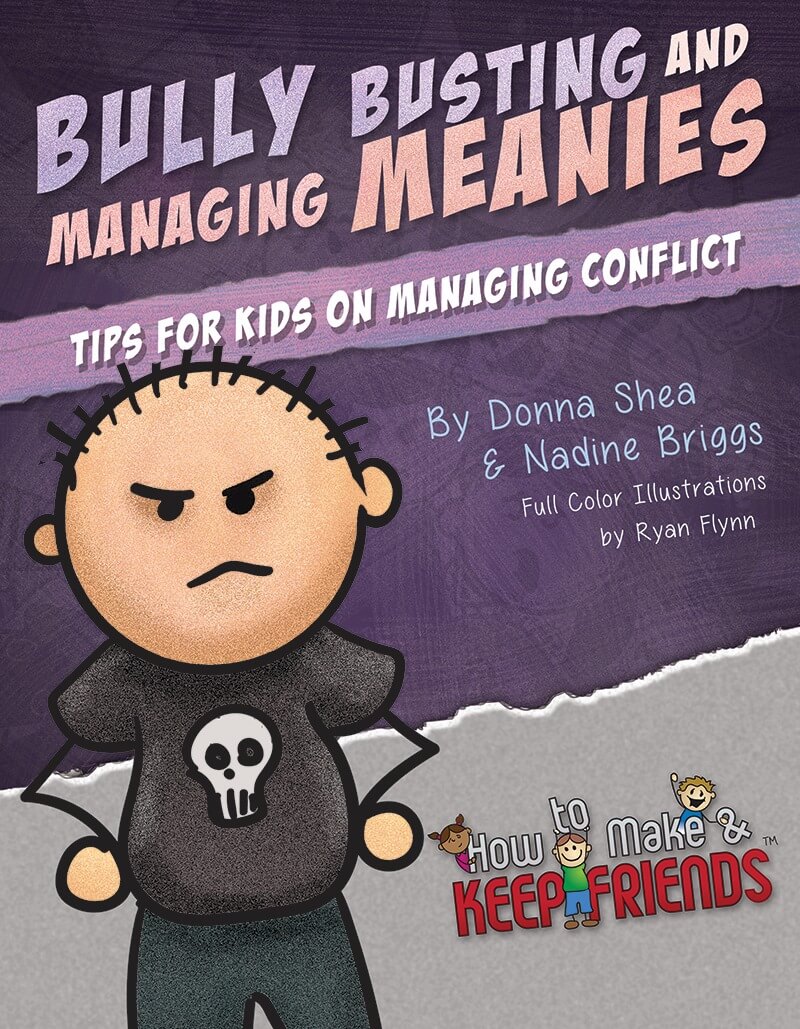
by Nadine Briggs
Bullying is a difficult subject to talk about and can be a real challenge for parents trying to figure out what they can/should do. Let’s break down some key elements of bullying to lay the groundwork for how to deal with it.
Kids who bully other kids are trying to exert their power over them. They feel like they are physically stronger or have more social clout than the victim. They cause the victim to feel unsafe with taunts, physical intimidation, by diminishing them socially or by humiliating them publicly.
Bullying can be incredibly harmful to kids and chronic bullying can have a long-lasting impact on the victim’s self-confidence. It can make kids feel fearful about going to school. Kids need to feel safe in order to learn and incidences of bullying need to be addressed. Sadly, there are many situations where bullying is not handled well or not handled at all by the school administration. Many states have anti-bullying laws but even this doesn’t guarantee that bullying will be addressed. Physical assaults are just that – assaults, and should be addressed by the school or law enforcement.
Many kids will use the term “bullying” for disagreements that happen among kids who usually get along. Disagreements are not bullying if the kids want to fix the problem and get along again. Bullies are not looking to resolve differences with their victims. They are seeking to isolate them socially, and hope to make them feel rejected, sad and/or angry. They mean to do harm.
Kids who have difficulty reading social situations might perceive friendly teasing or slight differences of opinion as bullying. They might come home and report to their parents that they have been bullied. It’s up to parents to ask questions and consider the intent of the so-called bully. This is very tricky thing to do without understanding the perspective of the other child. It can be helpful to check in with teachers and/or guidance counselors to try to understand the interaction in question.
Ideally, the bullying situation is addressed before it gets to a critical level. There are several ways that kids can stop bullying on their own if they feel safe enough to try these suggestions.
Bullies are looking to get a juicy reaction out of their victims. If the target of taunts can shrug it off like they truly don’t care what the bully is saying, they take all of the power away from the bully. As our Director of Operations likes to say “You have to earn the right for your opinion of me to matter.”
Kids can imagine themselves as an orange. They might have a juicy reaction to bullying but if they imagine that they have a thick rind like an orange on the outside then the juicy reaction will stay inside where the bully can’t see it. They can and should let their feelings out later with a safe adult in a safe place. Kids who tend to have strong reactions will often be targeted by kids who want to see more of those reactions. Being able to manage those feelings can be hard for some and could take a good deal of practice. Learning to maintain control and not explode is a skill that will serve them well as they grow. Mindfulness activities can help kids learn to develop this type of self-control.
If they feel safe to do so, just telling the bully to stop is often enough. Kids who bully are not looking for the victim to push back on them at all. Looking someone in the eye with a firm (but not shouting or whining), “I want you to stop” has been extremely effective for kids in our program.
For many kids, this is the hardest one to try but it can very effective and have a lasting positive impact on the situation. They can try to connect in a friendly way with the person who is provoking them. We recently had one of our kids do just that to a kid who had been picking on him. The kid sneezed so our guy asked him if he had allergies and then they proceeded to chat a bit about allergies with all of the gross details about sneezes that elementary aged boys love. Being nice to someone who is being mean can feel impossible but it certainly can confuse the person who is expecting only sadness and anger from their victim.
Bullying that is severe or chronic and cannot be handled by the above tips will need adult intervention. Many kids worry that involving adults will make things worse. And they’re right, if it’s not handled well, it very well could make things worse. The bully and victim should not sit down together and hash it out. Some adults take this approach but it lets the bully know that his or her strategies are working and more bullying can occur if the victim appears to be a tattletale. One effective way for adults to intervene, in my experience, is to let the bully know that you know what’s going on and that adults are aware and watching. The bully does not need to know what the adult knows or how they know it; just that they do and that there will be consequences. School systems have their own ways of handling bullying that usually involves contacting parents, suspension or removal from activities or some other consequence.
Kids have a right to feel safe, so bullying needs to stop. We encourage kids to tell adults what’s happening to them and if they are not responding or don’t believe them that they should keep telling adults until something happens to stop the bullying.
For more on bullying, check out the book I co-authored: Bully Busting and Managing Meanies: Tips for Kids on Managing Conflict available on Amazon https://tinyurl.com/t6umy7n.
There are 6 other books in the How to Make and Keep Friends book series that can be found here https://tinyurl.com/y3t6hro6
If your child has experienced bullying or you are concerned that they won’t know how to handle conflict, check out our social resiliency groups at www.simplysocialkids.com
If your child or teen needs coaching to help them make friends, contact us to schedule a trial https://calendly.com/simplysocialkids/30min or find out more about our weekly programs or Just for Fun clubs or learn more by contacting us at https://simplysocialkids.com/.


